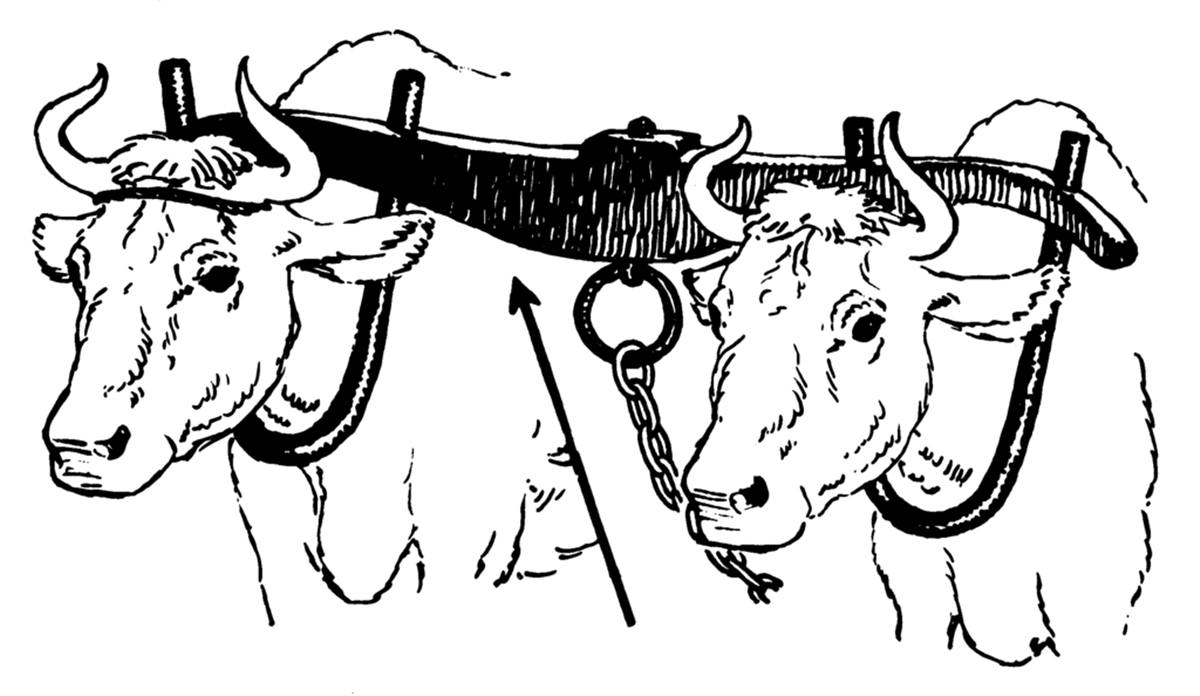I remember a man was brought before my father, and the other judges, for kidnapping a boy; and, although he was the son of a chief or senator, he was condemned to make recompense by a man or woman slave
Slavery as punishment is still morally questionable, but at least it wasn't done to innocent people, I guess? I don't know. Slippery slope for sure.

